Stop Working Against Yourself and Get Things Done
In my one-on-one coaching work with clients, one of the first things that we do together is set clear goals for growth. Then we identify action steps that will help you move in the direction that you want to go. That’s usually the easy part.
The hardest part, for most of us, is putting those action steps into practice. Why do we have trouble doing the things that we want to do?
Some will say that it’s because we don’t really want our goals enough. We don’t care enough. Or we lack the discipline. I used to follow this line of thinking, particularly as it related to myself. But I recently read the book, The Four Tendencies, by Gretchen Rubin, and it’s turned my thinking around.
Rubin, who is an author and researcher on our habits and the way they shape our lives, discovered that people generally fall into four tendencies when it comes to our relationships with expectations. The tendencies include:
Upholders: Meet outer expectations; Meet inner expectations.
Obligers: Meet outer expectations; Resist inner expectations.
Questioners: Resist outer expectations; Meet inner expectations.
Rebels: Resist outer expectations; Resist inner expectations.
While I’m generally not a big fan of surveys that put people into boxes, I took the quick, easy quiz, that she developed and learned that I am an obliger.
And it’s pretty darn accurate.
Obligers are people who are able to meet external expectations easily, but have a hard time following internal goals or expectations that we set for ourselves. On the plus side, we are well equipped to be in leadership roles and tend to excel in structure and group environments when there is accountability built in. On the flip side, we can be people who have a hard time saying no. We are likely to override our personal goals for other’s goals or expectations, and trend toward overextending ourselves. If we don’t have some kind of accountability built into our lives around our goals, we can flounder a bit. Obligers are common. We are the most populated group of the four tendencies. We also tend to feel the worst of all tendencies about not meeting goals that we set for ourselves. This is partially because we know we can meet goals for other people easily, so why can’t we do it for ourselves?
The good news here, and what I loved about Rubin’s book, is that once we gain awareness of our tendency, we can learn how to work with it more effectively to get things done. We can let go of the judgment and self-recrimination we might have, and just focus on what works for us. Rubin has lots of great hacks and recommendations for working with our tendencies. Here are some of my favorites for obligers:
Find a partner to meet your goal with. I’ve been wanting to exercise more regularly and just set up a standing running date with a friend for once/week. I always
show up, even if she can’t make it. Classes and group learning experiences are usually great structures for us obligers. In a professional environment, mastermind groups are phenomenal for meeting business or leadership development goals. I have been a part of two of these at different times and they have been so helpful in tracking my ongoing progress on goals that I set for myself.Create structure that works. When I started my business working from home alone, I was all over the place and unable to focus. I learned that I worked best when I structured my days to do thinking work in the morning and client calls in the afternoon. I also learned that working outside the house 1-day a week in a co-working space provided me with enough structure to focus.
Invest in a coach. Coaches work well with all tendencies, but obligers can doubly benefit from the external accountability to maintain internal goals they set for themselves. I have used coaches at several intervals in my life when wanting to make progress on something important. Yes – even the professional coach needs coaching.
Imagine your future self as the person holding you accountable. Of all of these, this sounds the strangest, but I’m experimenting! When I don’t want to exercise, meditate or work on my business development goals, I literally imagine my future self thanking the current me for meeting my goals. Believe it or not, this appeals to my obliger desire to meet external expectations and is often enough to get me started.
Sound interesting? Wondering what tendency you might be? Take the quiz and find out. Then I encourage you to identify one thing that you can do right now to set yourself up for greater success to accomplish your goals.
Ready to learn how to work with your leadership style to be more effective? Schedule a call to find out how Amanda Silver Consulting can help.

